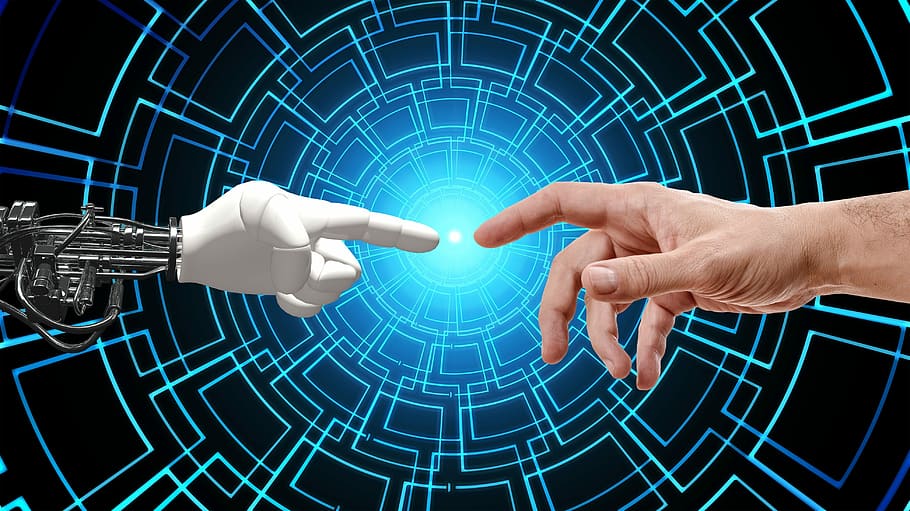
AI helps to make sense of large data sets, making certain business processes much faster and more efficient

Artificial Intelligence has been a major tech-trending buzzword for quite some time now. Essentially, the biggest goal of AI is to build smart machines which are capable of carrying out human-like tasks. However, because new developments are made each and every year, it’s clear that it’s an area of technology that is continously evolving.
Although it may be hard to realize, this technology affects numerous industries around the world. From customer-centric businesses to entertainment sectors, logistics, and even the insurance industry, there are many ways in which AI penetrates some of the most important areas of everyday life. In this article we take a look at how the technology is transforming five industries in particular.
Healthcare
In the healthcare industry, AI has proven that it can greatly enhance the patient experience, perform tech-assisted diagnosis, provide medication reminders, and much more. AI also increases the productivity of healthcare staff and practitioners, allowing them to explore treatment techniques and assist a larger volume of patients all while avoiding burnout. For example, some AI algorithm models have already shown that they can diagnose certain sick patients quicker than experienced healthcare professionals.
Online Gaming
The mimicking of human behavior that AI performs also shows up in the online gaming industry. A multi-billion-dollar sector that is poised for continual growth in the coming years, AI innovations have allowed the gaming industry to explode by focusing on the gamer themselves above all else. AI methods give gaming developers valuable insights into which games users play the most and which ones they want to continue interacting with. This is illustrated well when taking a look at the business of online casinos. Here, AI can pick up the games that a user is more likely to play, recording trends in their behavior. For instance, if a gamer frequently engages with different versions of roulette online, AI will make a point of promoting classic, American or French Roulette tables to that same user. In a different way, AI also comes into play in first-person shooter games as bots are programmed to react and learn from their environment in order to beat human gamers.
- Chamisa under fire over US$120K donation
- Mavhunga puts DeMbare into Chibuku quarterfinals
- Pension funds bet on Cabora Bassa oilfields
- Councils defy govt fire tender directive
Keep Reading
Marketing
In the same manner that AI assists the online gaming industry by helping to understand their customers at a deeper level, the technology also helps marketing businesses to increase their ROI in major advertising campaigns. AI can be used at every level of a successful marketing campaign, from analyzing budgets to narrowing down target audiences, ensuring that the work is tailored to the customers it is aiming to reach. This is all accomplished by sophisticated tech tools that harness the power of AI and make data analysis a top priority.

Although there are some limits to AI, future innovations could see the technology improve even more, inching closer and closer to human intelligence
Manufacturing
The manufacturing industry is becoming increasingly revolutionized thanks to AI technology. Here, intricately programmed AI algorithms are leveraged to improve supply chains and limit the need for human interaction. Machine learning also aids in the monitoring and review of important manufacturing equipment. This means that the likelihood of a system failing unexpectedly is dramatically decreased, as scheduled maintenance is put in place long before the failure occurs.
Education
Last but certainly not least, the education sector makes use of AI innovations in several ways. Firstly, by digitizing the learning experience teaching staff can then spend less time making written syllabi or lesson plans each year and more time personalizing their courses for modern students. After all, learners of today are becoming increasingly tech-savvy, open and willing to study with laptops and tablets or even mobile phones. Online exams are also made more secure thanks to AI, not to mention teachers are then able to personalize learning content based on recorded virtual results about each individual in their classroom. As AI advances, its becoming clearer that ‘smart content’ in the education sector is largely the future of learning in the 21st century.











